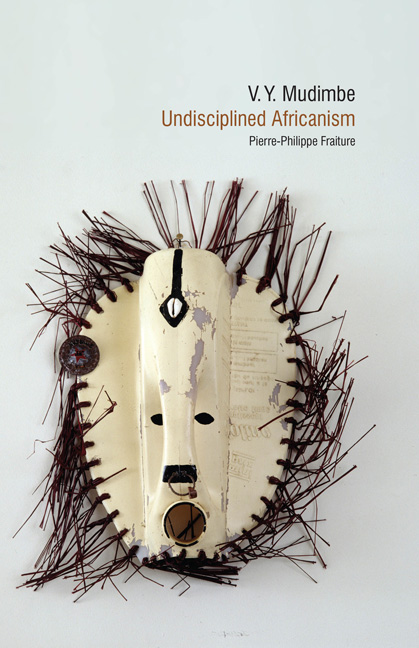Book contents
- Frontmatter
- Dedication
- Contents
- Acknowledgements
- List of Abbreviations
- Introduction: ‘Multidirectional Memory’
- 1 ‘Mission Impossible?’
- 2 ‘The Invention of Otherness’
- 3 ‘The West or the Rest?’
- 4 ‘Changing Places’
- 5 ‘Independences?’
- Conclusion: ‘The Return of the Unhomely Scholar’
- Notes
- Select Bibliography
- Index
4 - ‘Changing Places’
- Frontmatter
- Dedication
- Contents
- Acknowledgements
- List of Abbreviations
- Introduction: ‘Multidirectional Memory’
- 1 ‘Mission Impossible?’
- 2 ‘The Invention of Otherness’
- 3 ‘The West or the Rest?’
- 4 ‘Changing Places’
- 5 ‘Independences?’
- Conclusion: ‘The Return of the Unhomely Scholar’
- Notes
- Select Bibliography
- Index
Summary
A particular problem arises when, instead of being a discourse on other discourses, as it is usually the case, theory has to advance over an area where there are no longer any discourses. There is a sudden unevenness of terrain: the ground on which verbal language rests begins to fail. The theorizing operation finds itself at the limits of the terrain where it normally functions, like an automobile at the edge of a cliff. Beyond and below lies the ocean.
Michel de Certeau.In 1980, V. Y. Mudimbe, who from the late 1960s onwards had also been known as Valentin Mudimbé, moved permanently to the US. The disappearance of the acute accent from his surname is the mark of a very concrete transformation as he was obliged, as will be examined in this chapter, to switch language and develop new strategies to adapt to the sociological and institutional demands of American academia. The consecration in this context came in 1988 with the publication of The Invention of Africa. This monograph captured the critical mood of the 1980s and resonated with other projects such as Said's Orientalism, Fabian's Time and the Other, and Spivak's ‘Can the Subaltern Speak?’, which had all attempted to explore the links between knowledge production, representation, and imperialism. Mudimbe's first major American essay built on his previous books but the obvious Foucauldian underpinning thereof contributed to secure his position in the nascent postcolonial field, some of the leading luminaries of which, Said and Spivak, for instance, had also engaged, sometimes polemically, with Foucault's thought.
Foucault's place within postcolonial criticism is ambiguous as he never tackled colonialism directly. For some critics such as Said and Spivak themselves, this absence is the mark of Foucault's inability to sever the links with a certain form of Eurocentrism, even though his History of Sexuality, as demonstrated by Ann Laura Stoler, provides a detailed analysis of the relationship between biopower and racial exclusions from the seventeenth century onwards. Indeed, Foucault's work possesses a high degree of transferability as the connections that he establishes between discourses and power practices in the modern era provide a set of methodological premises to lay bare the ‘othering’ processes presiding over imperialism and challenge the permanency of some beliefs and underlying conceptual frameworks.
- Type
- Chapter
- Information
- V. Y. MudimbeUndisciplined Africanism, pp. 113 - 146Publisher: Liverpool University PressPrint publication year: 2013



